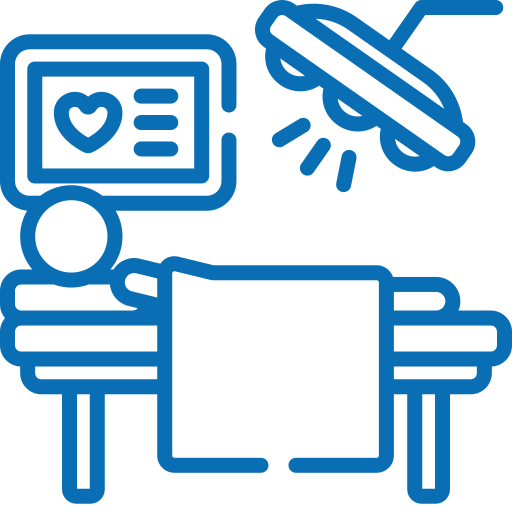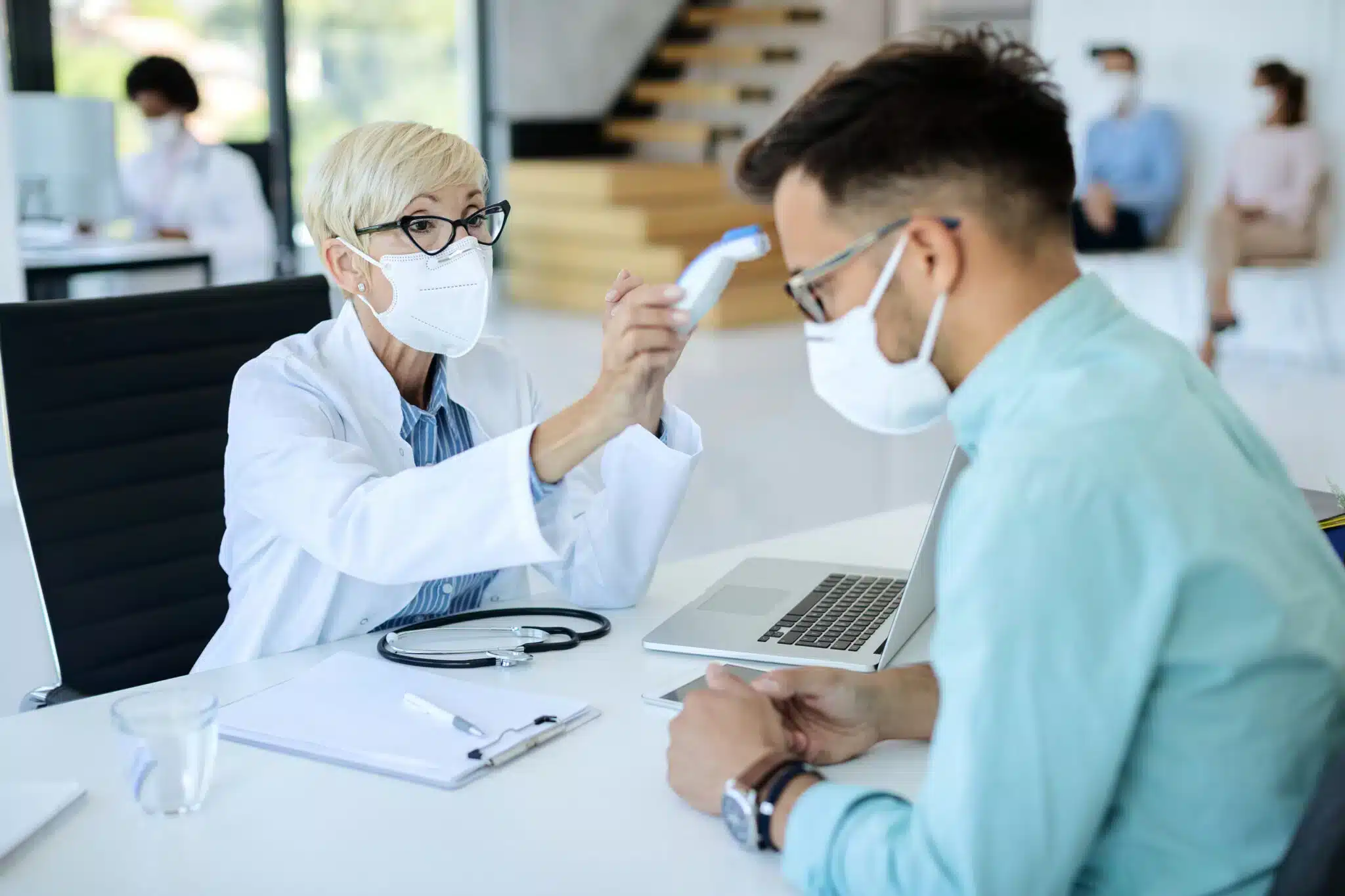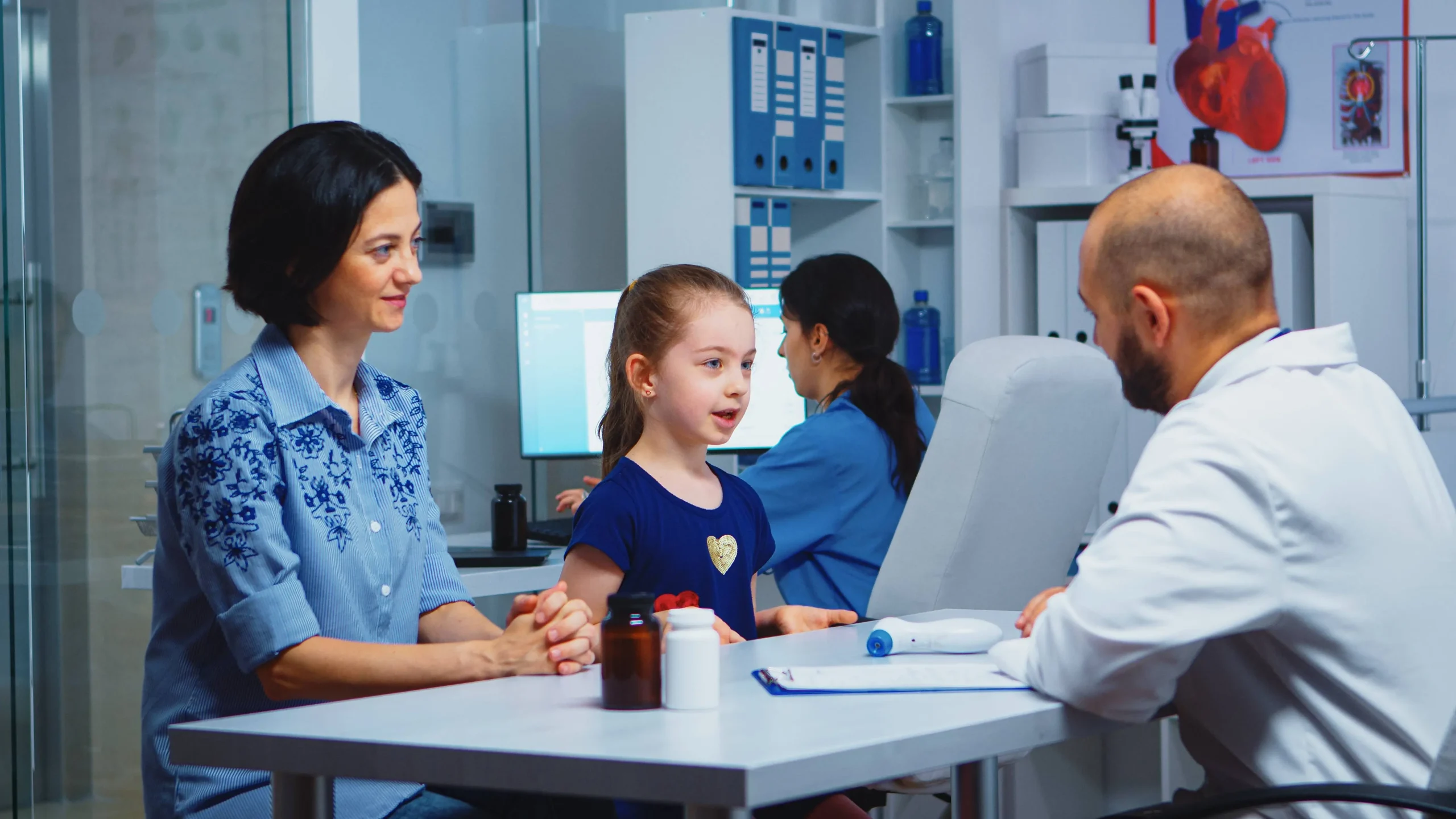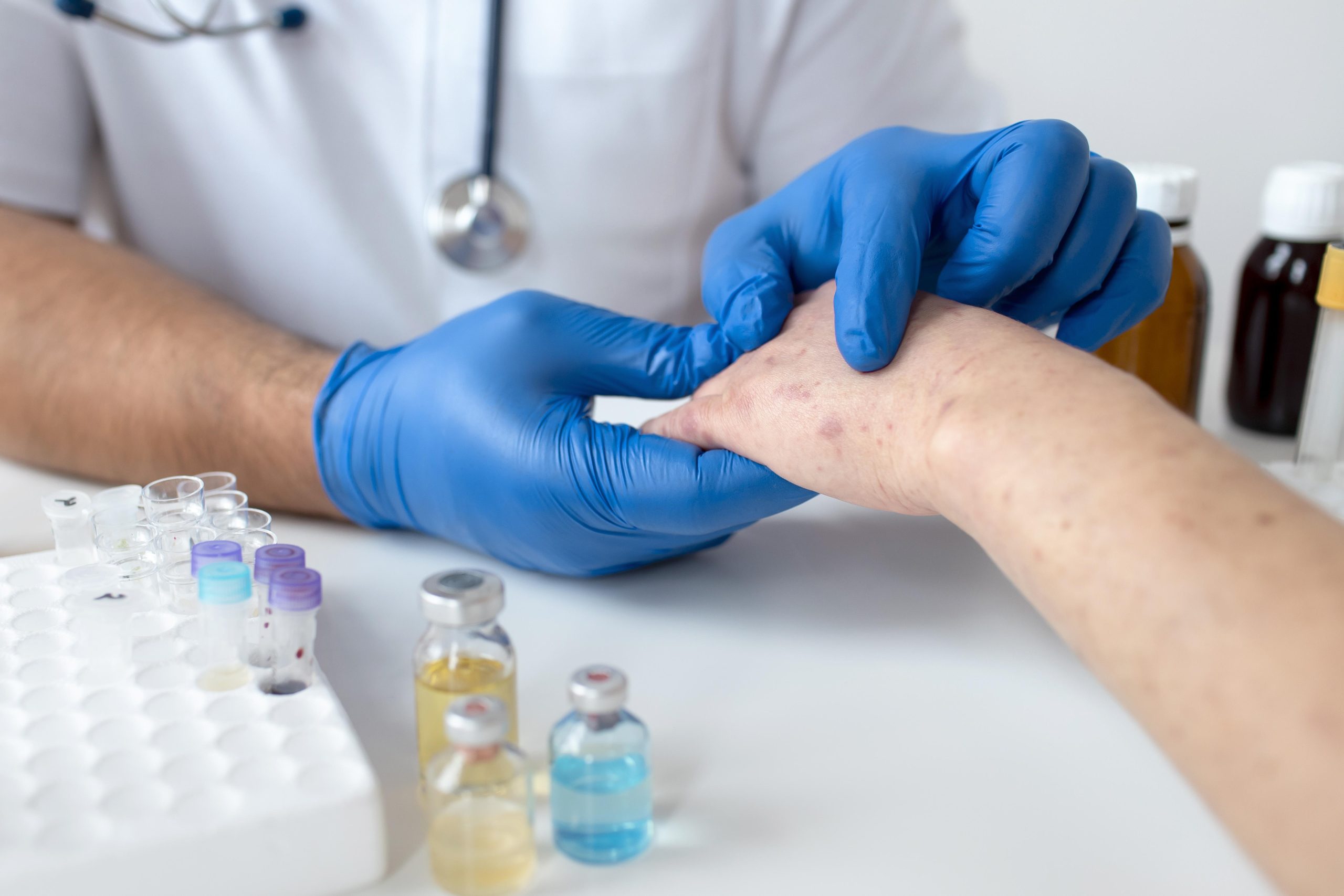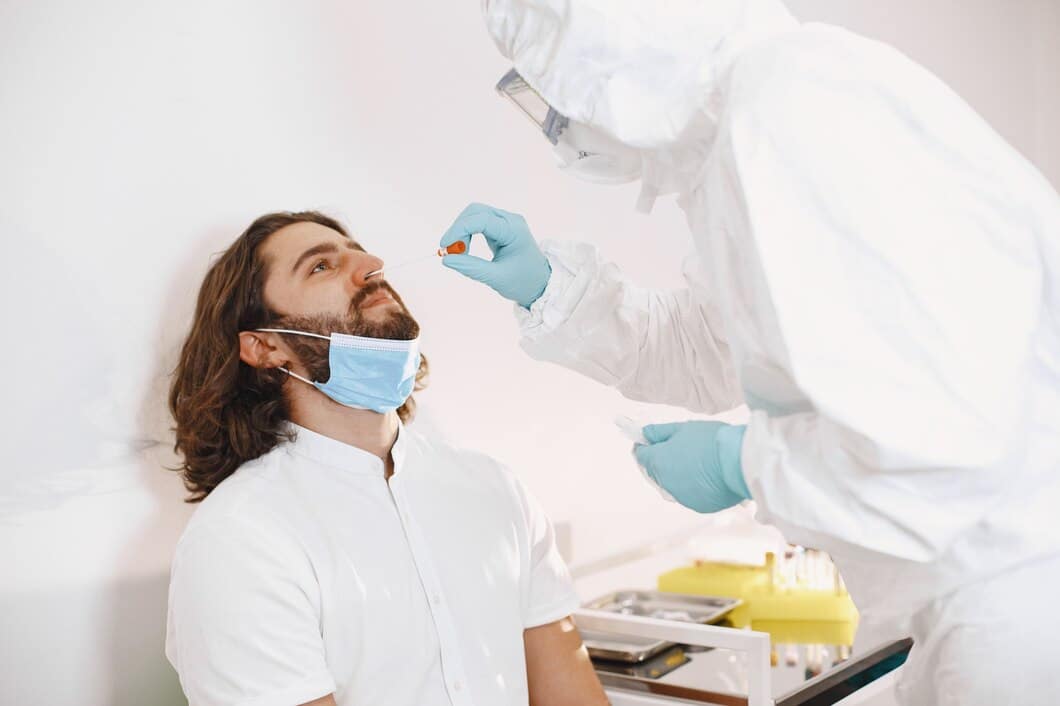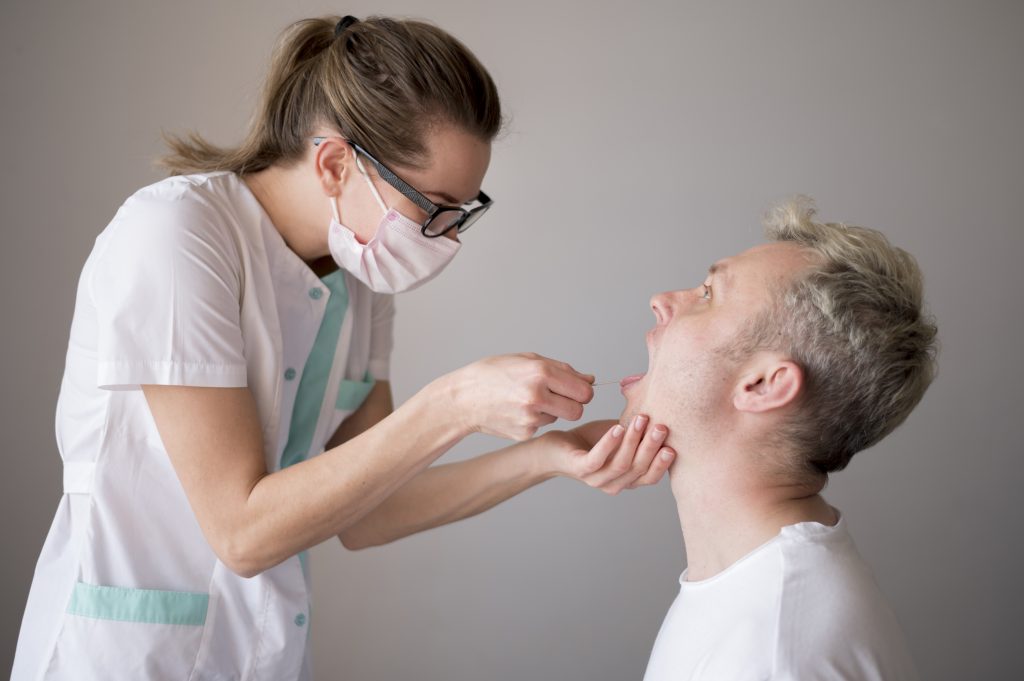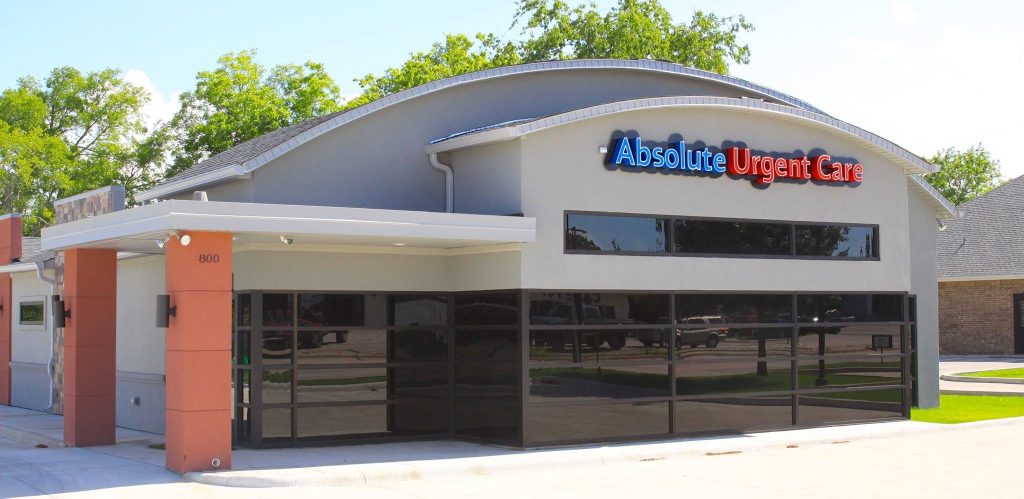With the winter months approaching, it is not uncommon to come down with a cold or the flu. But determining when to get professional medical help can be tough. Whether it’s a nagging cough or a high fever, recognizing when your symptoms go from manageable to serious is key. In this blog post, I will lead you through whether it is time to go and what urgent care for cold and flu you need.
Cold and Flu: What Is the Difference?
Because they share many symptoms, it can sometimes be difficult to differentiate a common cold from the flu. That common cold generally produces a stuffy nose, mild sore throat and occasional cough. Flu symptoms, by contrast, are more severe and typically develop rapidly, with a high fever, muscle aches and extreme fatigue. Being aware of these differences can inform your decision of whether to seek medical care.
Key Cold Symptoms:
- Runny or stuffy nose
- Sneezing
- Mild cough
- Low-grade fever (if any)
- Sore throat
Key Flu Symptoms:
- High fever
- Chills and body aches
- Extreme fatigue
- Severe headache
- Dry, persistent cough
The common cold is typically manageable at home, but the flu can cause serious complications like pneumonia, especially in the very young and old or people with pre-existing health conditions.
When You Should Go to Urgent Care for Cold & Flu Care
Cold and flu season is upon us — but how do you know when to see urgent care? In many cases, cold and flu can be managed with over-the-counter medications and rest at home. But when symptoms worsen or fail to improve, getting professional care is critical.
Persistent High Fever
If you or your child has a high fever (over 101 degrees Fahrenheit) that doesn’t subside with over-the-counter fever reducers, it’s urgent-care time. Infection can cause a high body temperature. But if this goes on for three days or more, it could signal something more serious, such as the flu or a bacterial infection.
Shortness Of Breath Or Chest Pain
Shortness of breath, wheezing or chest pain are never things to ignore. Such symptoms can be a possible sign of a serious complication such as pneumonia or bronchitis and may need medical attention right away. If you have any of these symptoms, it’s important you get evaluated by a healthcare professional as soon as possible.
Severe or Persistent Cough
Most coughs can be treated at home, but if you develop a cough that is severe or painful, or that lasts longer than three weeks, go to urgent care. Long-lasting coughing may be indicative of secondary infection, such as pneumonia or a serious viral infection that needs a doctor’s attention.
Not drinking enough fluids or dehydration
Flu and cold symptoms sometimes lead to loss of appetite, vomiting or diarrhea. If you cannot keep fluids down, or you show symptoms of dehydration (dizziness, dry mouth and dark urine), urgent care will be your next stop.’ It is important for your body to recover, stay hydrated.
Uncontrolled Pain
If you have strong body aches, headache or sinus pain that isn’t relieved with usual cold medications, it’s a good idea to get professional medical care. Uncontrolled pain may signal a sinus infection or other complication that requires specific treatment.
What to Expect During Your Visit to Urgent Care
Here’s what you can expect when you go to urgent care for cold and flu treatment:
- Symptom Assessment: Your medical staff will assess your symptoms and take a history of your illness. Be ready to tell the doctor where your symptoms started, what you’ve been doing to try to treat them and about other health issues.
- Testing: A health provider might do a rapid flu test or send a swab from your throat to rule out things like strep throat or COVID-19. These tests help clinicians find out if your illness is viral or bacterial and direct the treatment plan.
- What You Can Do: Depending on how sick you are, the healthcare provider may recommend over-the-counter medications, antivirals or antibiotics (if you have a suspected bacterial infection). They might also offer tips for home remedies to relieve cold and flu symptoms.
- Follow-Up Instructions: After your treatment, your doctor will probably give you directions for at-home care and when you will need to return for follow-up, if necessary. If you need further treatment, they will refer you to a primary care physician or specialist.
Prevention Tips: How to Avoid Getting Sick
Prevention of cold or flu is better than cure. With that in mind, here are some things you can do to decrease your odds of falling ill this winter:
- Wash Your Hands: Frequent hand washing helps prevent the spread of germs. Wash your hands regularly with soap and water for a minimum of 20 seconds, particularly after visiting public places or coming into contact with shared touch surfaces.
- Jumpstart Your Health: Getting the flu vaccine is one of the best ways to protect you from severe flu-related complications. It’s advised for everyone, particularly people at higher risk.
- Live healthily: Eating a balanced diet, exercising regularly and having enough sleep may improve your immune system and mitigate your probability of contracting diseases.
Seeking Medical Attention
Cold and flu symptoms vary in severity and knowing when to go to urgent care can be challenging. If your symptoms are not clearing up, you’re having trouble breathing, you’re in serious pain or you’re dehydrated, don’t hesitate to seek medical help from health providers like Absolute Urgent Care. Prompt treatment can help prevent complications and may help speed your recovery.
In short, most cold and flu treatment can be done at home, but some symptoms mean you should seek urgent care. Listen to your body and if something doesn’t seem right, getting prompt treatment is always the best course of action for your health.


